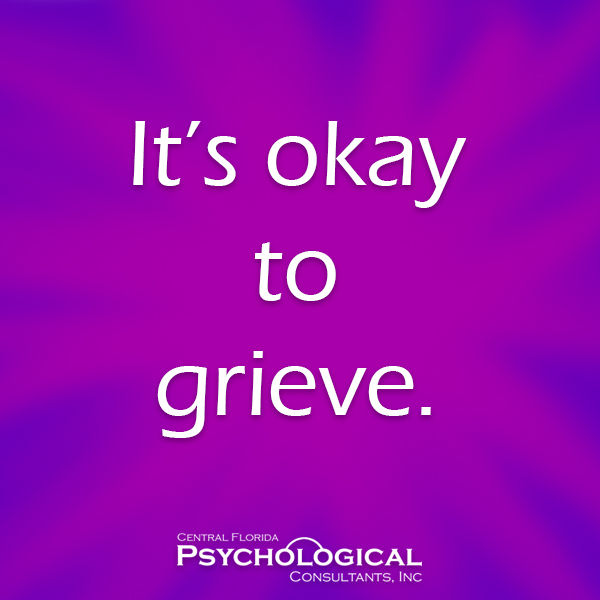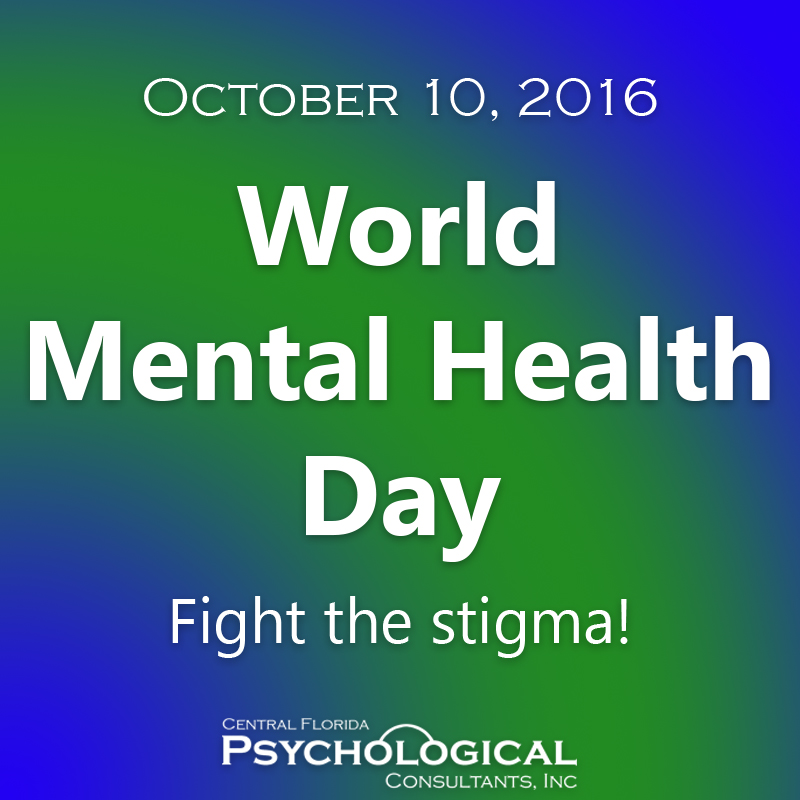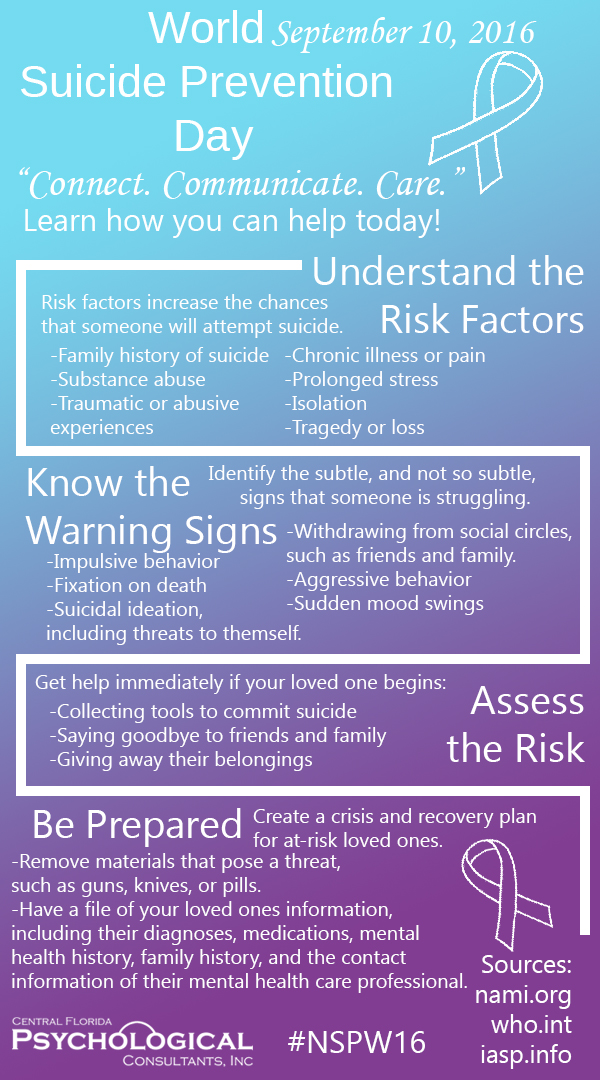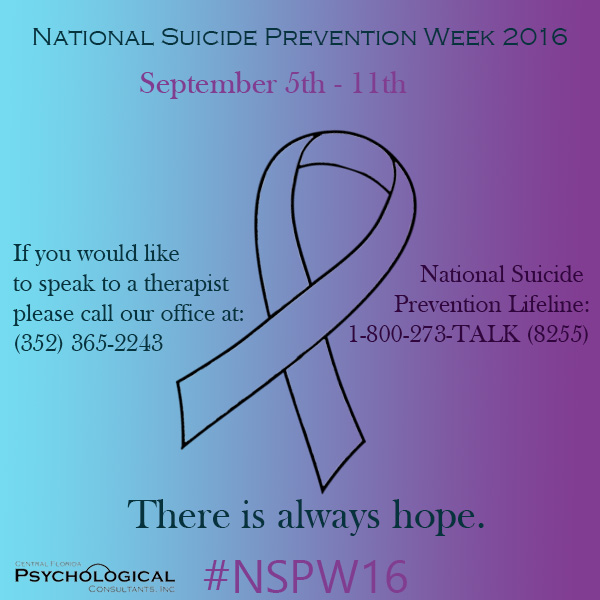Loss is universal. Whether this stems from the loss of a job or the death of a loved one, we will all experience some sort of loss at some point in our lives. And though we all must cope with these losses, coping is not something we are taught in school. Unfortunately, many of us might be ill equipped to process the mental, physical, and emotional pain that accompanies loss. While there is no “complete” list of all of the ways to cope with loss, with any luck, these tips will help someone along their journey of healing.
1. Allow yourself to grieve. We have come to recognize grief as a process involving denial, anger, bargaining, depression, and, finally, acceptance; however, we may sometimes find that these feelings are inadequate for describing what we are experiencing in the aftermath of our loss. This five stage model of grief, developed by Dr. Elisabeth Kubler-Ross in 1969, was created to describe the emotional states that one might experience near the end of their life (Upton, 2011). Because of this, when we experience different kinds of loss, we might find that our emotions don’t fit into any of these categories. That’s okay, our emotions are not boxes. They don’t need to “fit into” anything.
Dr. Pamela Blair said “the stories I hear about loss are as diverse as fingerprints,” (Noel & Blair, 2008). No two people experience any loss in exactly the same way. After loss, you might experience numbness of emotion, or you might experience very intense emotions. You might experience sudden bouts of crying, or you might find that crying has become a challenge (James & Friedman, 2009). Remember that there really is no “right” way to grieve, and don’t allow anyone to make you feel that you “should” or “should not” be doing something to process your grief. There are no set series of steps for you to take, or timelines for you to follow, but by allowing yourself to experience your grief in your own way, you may find yourself on a path of healing.

2. Honor the memory of your loved one. We will all experience the loss of a loved one at some point in our lives and we all know that this can be devastating. After the loss of a loved one, many of us will experience a period of time where certain rituals or customs are observed. These customs may have to do with what happens to the deceased, the ceremonies that will be performed, and may even dictate how the family, and the community, grieves the loss of the loved one (Noel & Blair, 2008). Observing our family’s customs is important and can help us to accept the situation we are in and allow us to grieve together. Still, there are many ways to honor the memory of our loved ones. Listening to their favorite music, watching their favorite movies, reading their favorite books, and visiting their favorite places can help us reflect on the lives of our loved ones and the times we spent together. In our thoughts and prayers, we can honor the memory of our loved ones whenever and wherever we are.
3. Talk to a licensed mental health professional. You might find some relief in talking to your friends and family, especially if you have experienced a loss together. Sharing your thoughts and feelings can help you to process pain, anger, and joy together, and strengthen the bonds of your support system. At the same time, you may still find yourselves grieving in vastly different ways. Remember, many of us have not been “taught” ways to experience pain and loss. Sometimes when we talk to others about our loss, they may not know what to say, or they may say something that hurts us. Others might try to rationalize our loss, or try to change the subject when we start to talk about what we are experiencing (James & Friedman, 2009; Noel & Blair, 2008).
Interactions like this might discourage you from openly dealing with your loss, and may make you feel isolated and alone. At this time, you may find that grief therapy can offer you relief from these feelings. Mental health counselors receive training in order to learn ways to deal with many of the cognitive, behavioral, and emotional problems that you may be experiencing, and they can help. Talking to a licensed mental health professional can offer you a judgement-free place to speak freely about your pain, and to learn new and better coping skills for dealing with your loss (Noel & Blair, 2008). If you would like to speak to a mental health professional, please call our office at (352) 365-2243, Monday through Friday, 9am to 5pm.
4. Say no when you need to. After loss, more than ever, it is important to take care of yourself. There are a number of physical, mental, and emotional symptoms that you could experience. You might find yourself feeling sick, and having physical symptoms like chest pain, trouble sleeping and eating, crying, dizziness, exhaustion and weakness, even heart palpitations and shortness of breath. You might find yourself to be easily distracted or confused. You might feel angry, or have trouble accepting the circumstances of your situation. In turn, this exhaustion can make what was once the simplest of tasks turn into a daunting challenge (Noel & Blair, 2008).
If you need a day to simply be by yourself, to cry or sleep, to watch movies or read books, to simply be quiet and relax as much as you can, give yourself that day. You don’t have to do everything everyone has asked you to do. You don’t have to be everywhere everyone has asked you to be. Healing takes time and energy, so spend your time and energy healing yourself. Sometimes, you might have others depending on you, which can make focusing on your own healing that much harder. Don’t be afraid to reach out and ask others for help at times like these.
Still, ensuring that what you are experiencing does not put you, or anyone else, in physical danger, is important! You may wish to consult your doctor about the symptoms you are experiencing, as they may be symptoms of other problems. While grief and depression may sometimes present the same symptoms, they are not the same. If you experience sadness, anxiety, emptiness, loss of interest, fatigue, change in sleeping patterns, changes in weight and eating habits, problems concentrating, and feelings of worthlessness, or helplessness, you may be experiencing depression and should contact a mental health professional (Noel & Blair, 2008).
If you or a loved one experiences suicidal thoughts, or attempts to commit suicide, please call the National Suicide Lifeline at 1-800-273-TALK (8255), or call 911.
5. Know that this is a process. At some times, we may feel that we are finally coming to terms with our loss and that our life is returning to normal. Then something that reminds of our loss, a certain sight or smell, someone’s words, or being in a certain place, can cause our grief to rise up and wash over us all over again. These triggers can make us feel fragile, especially around holidays and other special times of the year. Being aware of the situations, times, and places that remind us of our loss will help us to better understand our reactions and behaviors during these times (Noel & Blair, 2008). As we work towards understanding ourselves and our loss, we can see that our feelings are not permanent, that there will be times where we experience joy and times where we experience sadness, and that this is okay.
6. Work on you. During periods of time when you feel overwhelmed by your loss, you may find relief through certain exercises. After the loss of a loved one, you might have words that you did not get to express to them during their life. Sitting down and writing a letter to your loved one can help you work through what you feel like you need to say and offer you a sense of closure (Polce-Lynch, 2006; James & Friedman, 2009). There are many other exercises that you could try, and books you could read about coping with losses. There are screaming exercises, and mindfulness practices that might help when your emotions are intense. Keeping a gratitude journal every night, especially during times when you feel entangled in grief, can remind you that there is still good and beauty in the world around you.
Here are some books that might help you process loss and grief:
- All Our Losses, All Our Grief: Resources for Pastoral Care (Kenneth R. Mitchell)
- Praying Our Goodbyes (Joyce Rupp)
- The Grief Recovery Handbook (John James and Russell Friedman)
Remember that there are no “right” or “wrong” ways to grieve or to cope with loss. What is important is that you remain healthy as you process these experiences. If you or a loved one begins to exhibit unhealthy or dangerous behaviors, please seek help. We can be reached at (352) 365-2243, Monday-Friday, 9am-5pm. We have offices in Clermont, Longwood, Leesburg, and The Villages, and we can help!
Written by Savannah Achor
References
James, J. W., & Friedman, R. (2009). The grief recovery handbook: The action program for moving beyond death, divorce, and other losses including health, career, and faith. New York, New York: Harper-Collins.
Noel, B., & Blair, P. D. (2008). I wasn’t ready to say goodbye: Surviving, coping and healing after the sudden death of a loved one. Naperville, Illinois: Sourcebooks.
Polce-Lynch, M. (2006). Nothing left unsaid: Creating a healing legacy with final words and letters. New York, New York: Marlowe & Company.
Upton, P. (2011). Developmental psychology. Exeter, England: Learning Matters.










